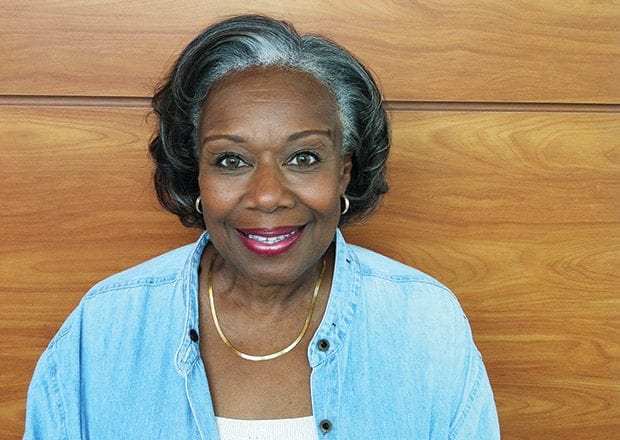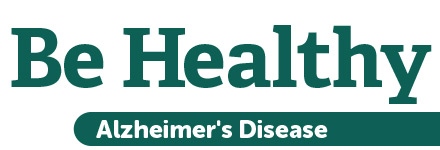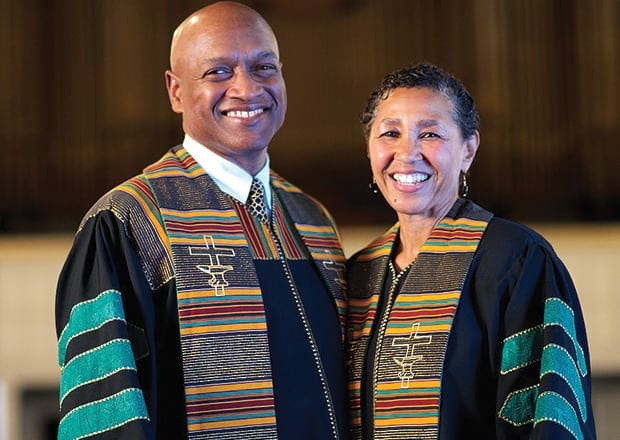
Yvonne Gittens, 68, credits the Community Conversations: Sister to Sister program for her participation in a study to identify individuals who are at risk of developing Alzheimer’s disease. Community Conversations: Sister to Sister, which meets monthly in Cambridge, is a community-based initiative developed to empower women to take charge of their health and the health of their families.
“I am doing this for my daughters,” she explained. Although, according to Gittens, there is no history of AD in her family, the disease is prevalent in her husband’s family. The risk of developing AD appears to be higher if a parent or sibling is afflicted.
At this particular session the Harvard Aging Brain Study was presented. This study uses yearly memory tests and brain scans to detect the earliest changes in memory and the brain that signal the transition from normal cognition to progressive deterioration in cognition. People aged 50 to 90 of normal cognition are eligible to participate.
Gittens said she had no reservations in taking part. “You’re in control,” she explained. “If something doesn’t feel right, you can stop at any time.”
There is always the possibility that during the five-year span of the study, decline in memory and tell-tale signs of AD will be found. Gittens remains positive. “I don’t dwell on that,” she said. “What scares me more is not finding it (AD) early.”
She remains altruistic. “It might not help me,” Gittens explained. “But perhaps I can help someone else.”
For information on the Harvard Aging Brain Study, contact Tamy-Fee at 617-643-0143.







